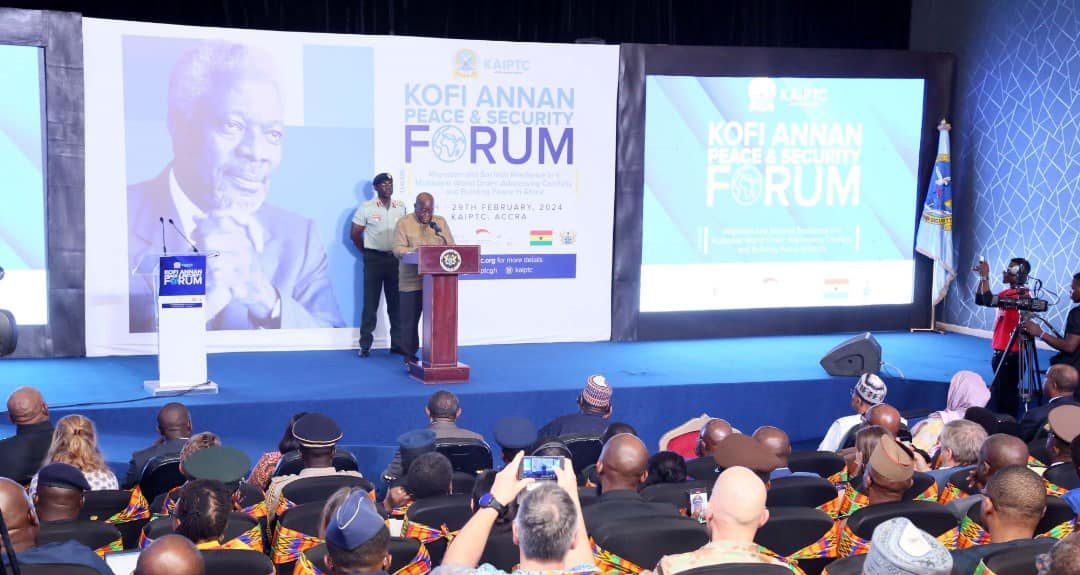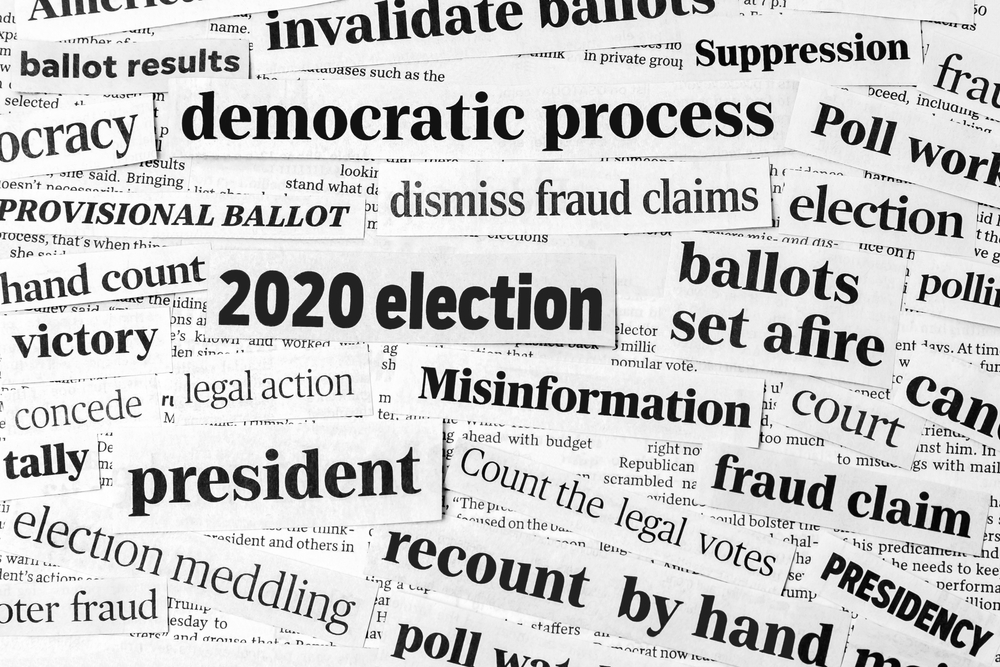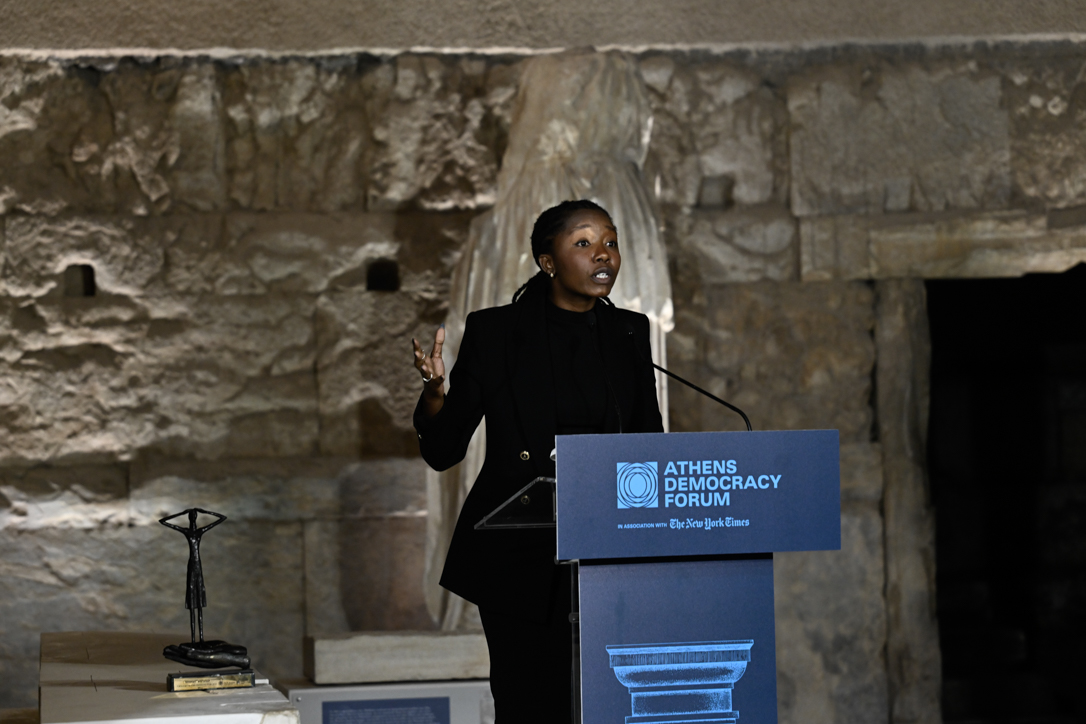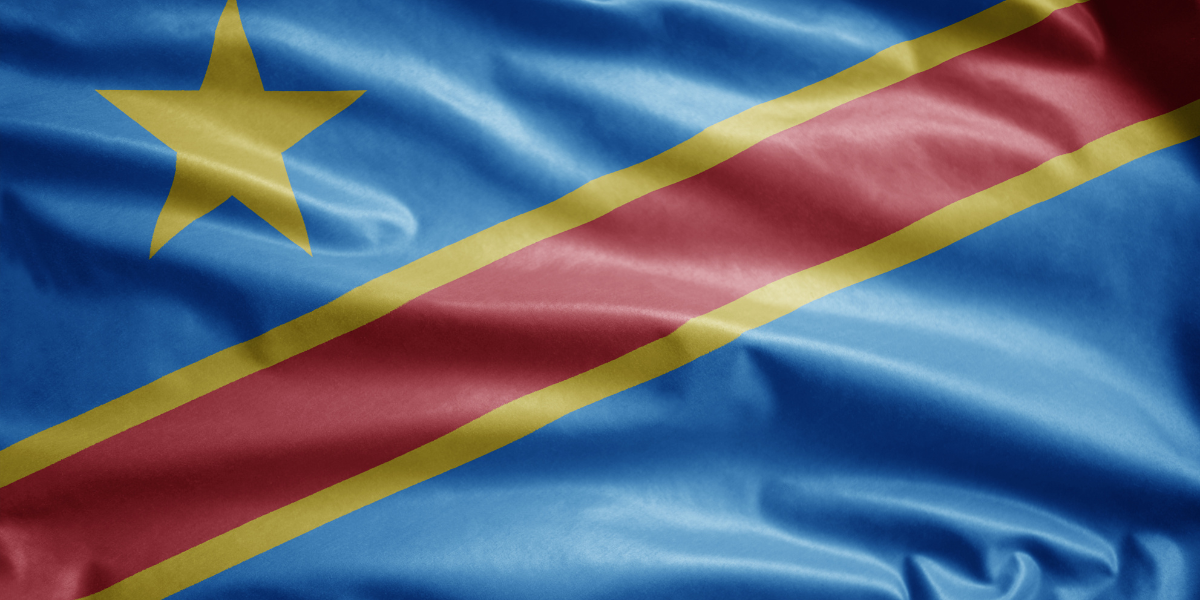OPINION: Social media: a threat to free speech?
Though many were relieved when Twitter and Facebook removed outgoing President Donald Trump from their platforms on 7 January, the move raises concerns about the implications for free speech. Sébastien Brack, Head of Elections & Democracy at the Kofi Annan Foundation, examines if social media is a threat to free speech.
Donald Trump criticised “the efforts to censor, cancel and blacklist our fellow citizens.” What right do tech sector executives have to decide who can and cannot speak on their platforms?
Under US law – as private companies – social media platforms are free to decide on the content they publish, and can legitimately exclude users for “incitement to violence.” It was nevertheless an intriguing volte-face by a sector that had formerly championed free speech, even as their platforms were increasingly used to disseminate hate speech and fake news.
Social media platforms have been increasingly taking action since 2016, admittedly under enormous pubic and political pressure, to reduce their platforms’ abuse, especially around elections.
The circumstances on 6 January were also exceptional: after the storming of the Capitol to prevent the certification of Donald Trump’s defeat, there were widespread fears that Trump would use social media to find other ways of upsetting the constitutional transfer of power, to the point that 25,000 troops were deployed to safeguard the ceremony.
Moreover, Twitter had forewarned Donald Trump against such moves in the run-up to the ban, even suspended him temporarily following a problematic outburst.
Yet Jack Dorsey confessed that Twitter’s decision to ban Trump could set a “dangerous” precedent, highlighting “the power an individual or corporation has over a part of the global public conversation.”
While it is important to hold these corporations to account, we should also recognise that their power has been afforded by the lack of adaptation by successive governments and regulators worldwide to social media’s changing role in public life. Under US law, social media are still regulated under the Communications Act of 1996, whose Section 230 provides immunity for website publishers from third-party content.
It is increasingly apparent that this blanket immunity does not consider the role social media have come to play. Most importantly, they have gone from channels for interpersonal communication to fora for political propaganda and debate. Changes must happen.
The role of social media: host, editor or something else?
First, US law, which sets the legal framework for the world’s primary social media, must evolve: section 230 must be amended. Yet it would be unrealistic to require these social media, which publish content of billions of accounts around the world, to edit or be held responsible for each publication. A new status is necessary between being a mere host, which sets the bar too low, and an editor, which would put the bar too high. A third status, which was debated in 1996, is that of a “public forum.” A public forum would better reflect the fundamental role of social media platforms and should be revisited.
Taking virality into account
Second, regulators could take up a recommendation of the Kofi Annan Commission on Elections and Democracy in the Digital Age and require social media companies to adapt their level of oversight to the virality of content. For example, a post which crosses certain thresholds of views or a public figure with an audience of more than, say, 100,000, should be monitored more closely than the ordinary user with fewer than a thousand “friends”.
A call for international democratic regulation
Third, because of their global reach, the regulatory principles and framework that apply to them should be the subject of a global agreement by democratic states that, whilst defending the value and right to free speech, sincerely want to limit the risks social media pose to democracy as a whole. The big social media companies themselves call for such regulation. This vital issue for the future of democracy should be on the agenda of Biden’s mooted Summit for Democracy.
Is social media the biggest threat?
We must not forget that the biggest threats to democracy remain authoritarian states, not social media. Many authoritarian states have been using the legitimate debates on the necessary limits of free speech on-line as an excuse to crack down on opposition, civil society and journalists, especially around election time. In much of the world, where political space is severely restricted, social media provide unique and priceless tools for democratic actors.
We must not forget that the biggest threats to democracy remain authoritarian states, not social media.
The world welcomed social media as a boon for democracy during the Arab Spring a decade ago, but they are now increasingly regarded as a bane. A more nuanced view is in order: social media are tools offering unprecedented new opportunities for free, disintermediated speech, information-sharing and political engagement and mobilisation; they require a clear regulatory framework. We must not throw out the baby with the bathwater.
Sébastien Brack is the Head of the Elections & Democracy programme at the Kofi Annan Foundation.



